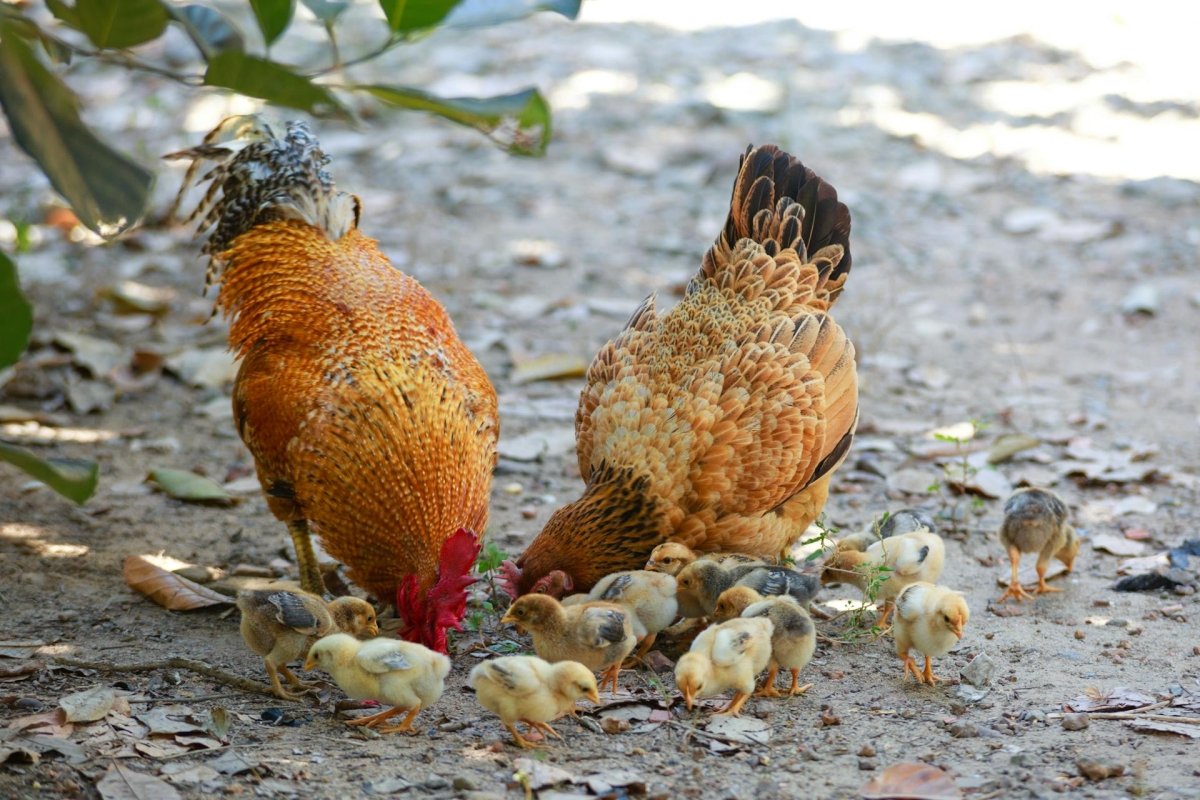
How Much Does It Cost To Raise Chickens?
Raising chickens has become an increasingly popular choice for UK households, whether for a sustainable source of fresh eggs or simply the joy of keeping these charming birds as pets.
However, one of the first questions many people ask is, “How much does it cost to raise chickens in the UK?”
From buying your first chicks to feeding, housing, and maintaining their health, the costs can add up. We'll break down the expenses involved, from the initial setup to monthly upkeep, while sharing useful tips on how to save money along the way.
How much do chickens cost to buy?
Buying Day-Old Chicks vs. Mature Hens
When raising chickens, the first choice is whether to start with day-old chicks or mature hens.
Day-old chicks are more affordable, with prices ranging from £2.50 to £40, depending on the breed.
However, they require patience, as they won’t start laying eggs for 5-6 months. This can mean additional costs in feeding and caring for them during this period.
On the other hand, mature hens, often referred to as Point of Lay (POL) hens, are more expensive, costing between £16 and £35 per bird.
The advantage here is that these hens are ready to lay eggs almost immediately, providing a quicker return on your investment.
Roosters are generally much cheaper, often sold for as little as £5 or given away for free, since they don’t contribute to egg production.
Tip: Purchasing chicks from local breeders can reduce transportation costs and ensure better health and quality.
How Much Do Chicken Coops and Brooders Cost?
Chicken Coop Costs
One of the most significant initial investments in raising chickens is housing. There are a few options to consider, depending on your budget.
DIY coops made from recycled materials can be virtually free if you have access to repurposed wood, pallets, or other supplies. This is a great way to save money, especially if you're handy with tools.
For those less inclined to build, pre-made coops are available, with prices ranging from £40 for a small, second-hand coop to over £3,000 for high-end custom designs.
A good-quality coop for 3-5 chickens usually falls between £400 and £800, offering the right balance of space, ventilation, and security.
Tip: Building your own coop using repurposed materials can significantly reduce costs. Look online for free coop designs and tutorials to guide you through the process.
Brooder Setup (for Chicks)
If you're raising chicks, you'll need a brooder for the first 6 weeks to keep them safe and warm. A pre-made brooder can cost between £60 and £80, and you’ll also need a heat lamp and bulb, which adds £16 to £22.
Tip: To save money, consider using household items such as cardboard boxes, crates, or old containers as makeshift brooders. Ensure they provide enough space and ventilation for the chicks to thrive.
How Much Does it Cost to Feed & Bed Chickens?
Chicken Feed Costs
Feeding your chickens is a recurring expense, but it doesn’t have to break the bank. For chicks, starter crumbles typically cost £12 to £15 for a 20 kg bag. During their first 10 weeks, they will consume roughly 4 to 5 kg of feed.
Once chickens reach maturity, layer pellets become their primary diet. These cost between £12 and £25 per 20 kg bag, and each adult hen will eat approximately 2.5 to 3 kg of feed per month.
Additionally, you can provide scratch grains as a treat or for added nutrition, which cost around £8 to £10 per 20 kg bag.
Tip: Consider buying feed in bulk to save on long-term costs. You might also weigh the benefits of organic versus non-organic feed depending on your budget and preferences.
Chicken Bedding Materials Costs
Providing comfortable bedding for your chickens is essential for their health and hygiene. Common bedding options include wood shavings, which cost around £5 per bale (0.1 cubic metres compressed).
Alternatively, straw is an affordable option, priced between £3 and £10 per bale, depending on the season and quality. Sawdust pellets are another option, costing approximately £3 per 20 kg bag.
Tip: Using locally sourced materials, such as straw, can be a more cost-effective and environmentally friendly alternative to wood shavings.
What are the Monthly Costs of Raising Chickens?
Breakdown of Monthly Expenses for Maintaining a Small Flock (3 hens)
Keeping a small flock of hens comes with manageable monthly costs. The largest expense is typically feed, which costs around £15 per month for three hens.
Additionally, there are miscellaneous costs like medicine, pest control, egg boxes, and cleaning supplies, which can add another £8 to £10 per month.
Tip: Allowing your chickens to free-range can help lower feed expenses, as they will forage for insects, plants, and small grains in the environment.
How Much are the Costs for Maintenance & Healthcare of Chickens?
To keep your flock healthy, occasional healthcare costs are necessary. This includes worming treatments and mite prevention, which typically cost around £5 to £10 every few months.
Tip: By keeping the coop clean and regularly checking your chickens for signs of illness, you can avoid larger veterinary bills. Routine maintenance and preventative care go a long way in reducing the overall cost of keeping chickens healthy.
Is It Cheaper to Raise Chickens than Buy Eggs?
A common question for potential chicken keepers is whether it’s more cost-effective to raise chickens or simply buy eggs from the store.
Store-bought eggs typically cost around £1.50 to £3.00 per dozen, depending on the brand and whether they’re organic or free-range.
In comparison, homegrown eggs can be more expensive in the first year due to the initial setup costs for housing, feed and care.
However, once your flock is established, the long-term savings start to add up. With hens laying consistently, the cost of each homegrown egg can become significantly lower over time, especially if you offset ongoing feed costs by selling surplus eggs.
Tip: If you’re legally permitted and have a surplus, selling extra eggs to neighbours or at local markets can help cover some of the expenses, making your flock more cost-effective in the long run.
Money-Saving Tips for Chicken Owners
Raising chickens can be economical with a few savvy strategies. Start by buying day-old chicks instead of point-of-lay hens to save money.
Consider building your own coop from recycled materials to cut initial costs.
Allowing your chickens to free-range can significantly reduce feed expenses, while buying feed and bedding in bulk maximises savings.
Additionally, look for opportunities to rehome roosters or unwanted chickens from local adverts to expand your flock affordably.
Lastly, always remember to shop around for the best prices on supplies and feed to ensure you’re getting the most value for your money.
Raising chickens involves various costs, from initial setup expenses to ongoing monthly needs. While there may be significant upfront investments, the experience can be both rewarding and cost-effective, particularly with frugal practices.
Whether you opt for a small backyard flock or a more elaborate setup, there are options to suit various budgets.
Ultimately, the joy of keeping chickens and the benefit of fresh, homegrown eggs make it a worthwhile endeavour. With careful planning and resourcefulness, you can enjoy the perks of chicken ownership without breaking the bank.




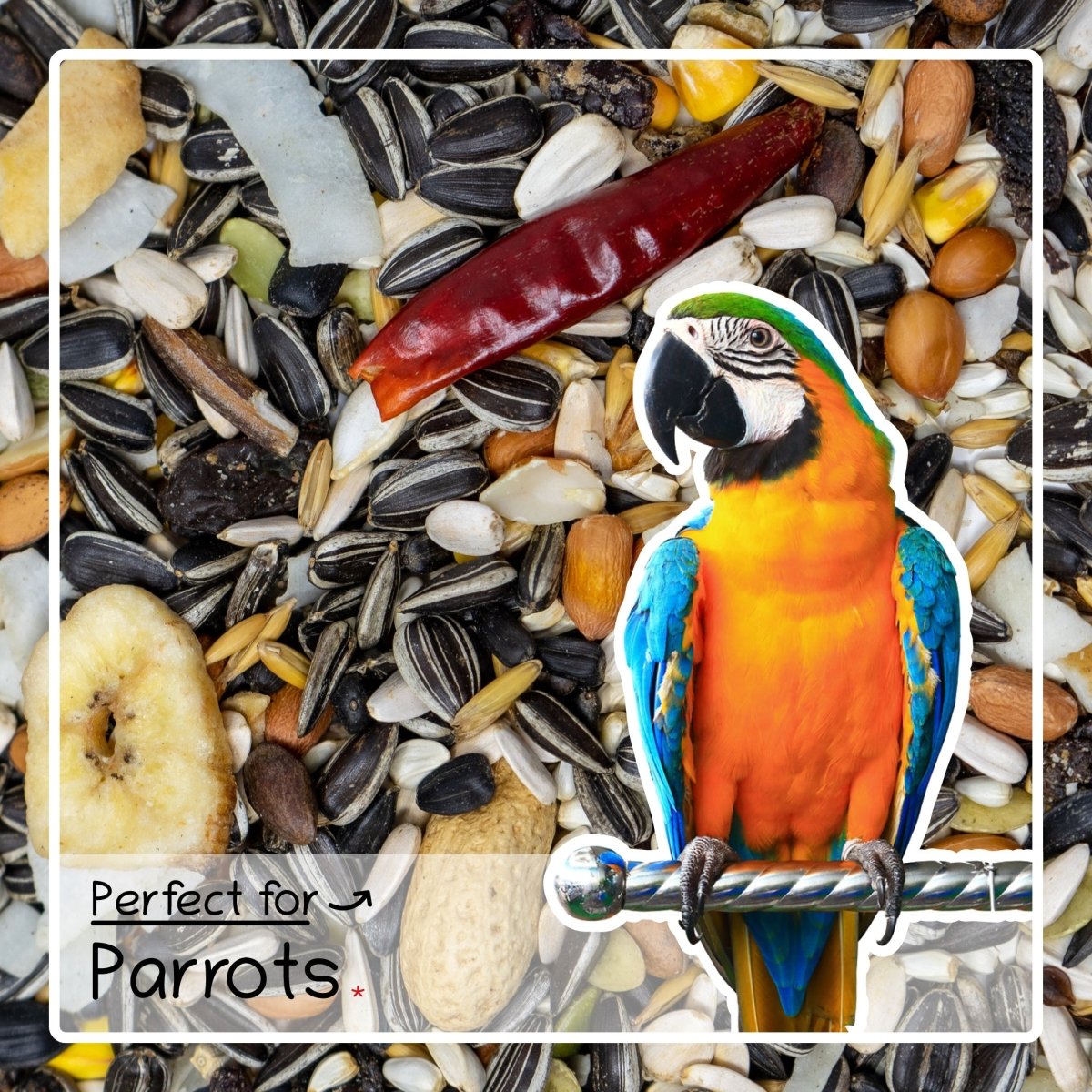
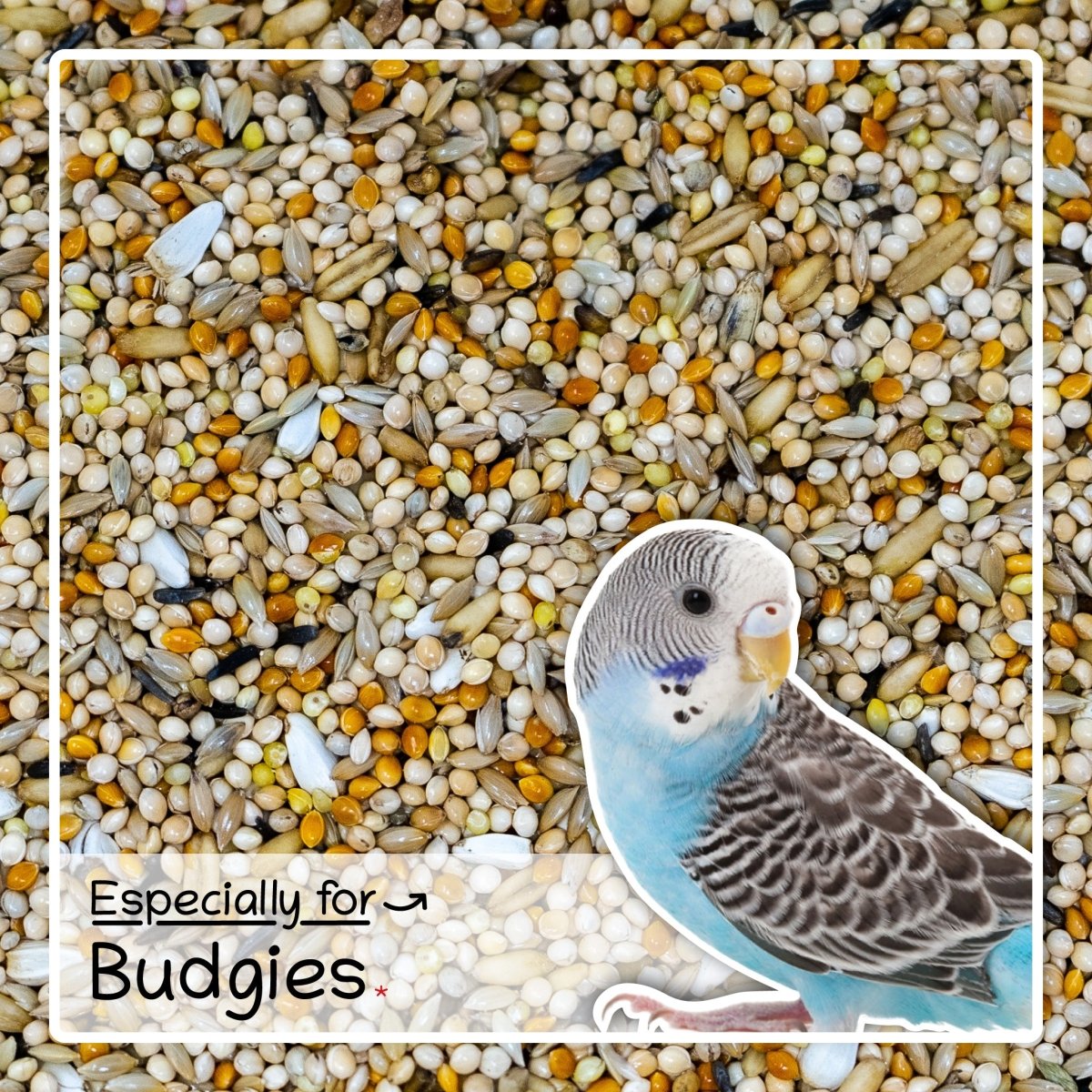
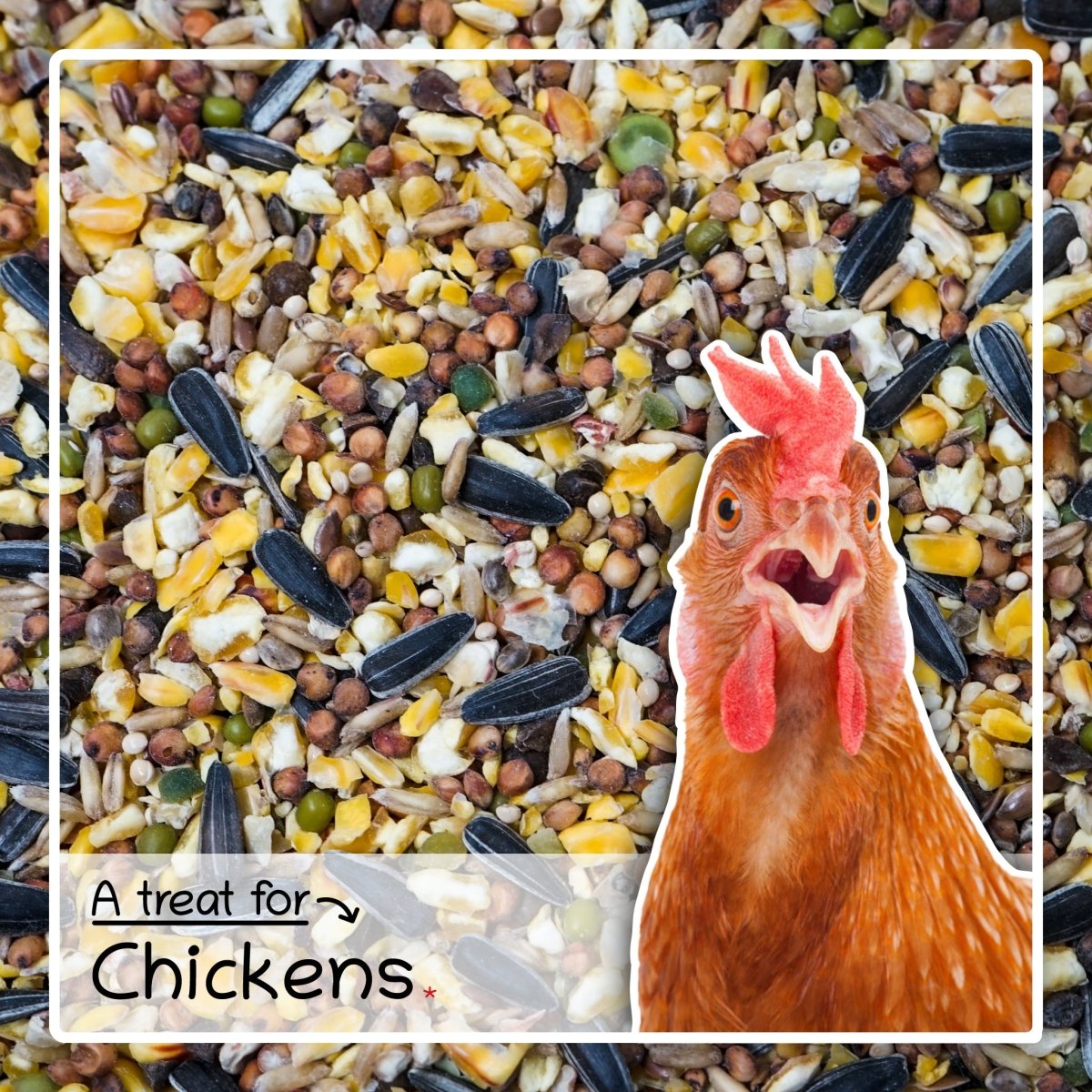








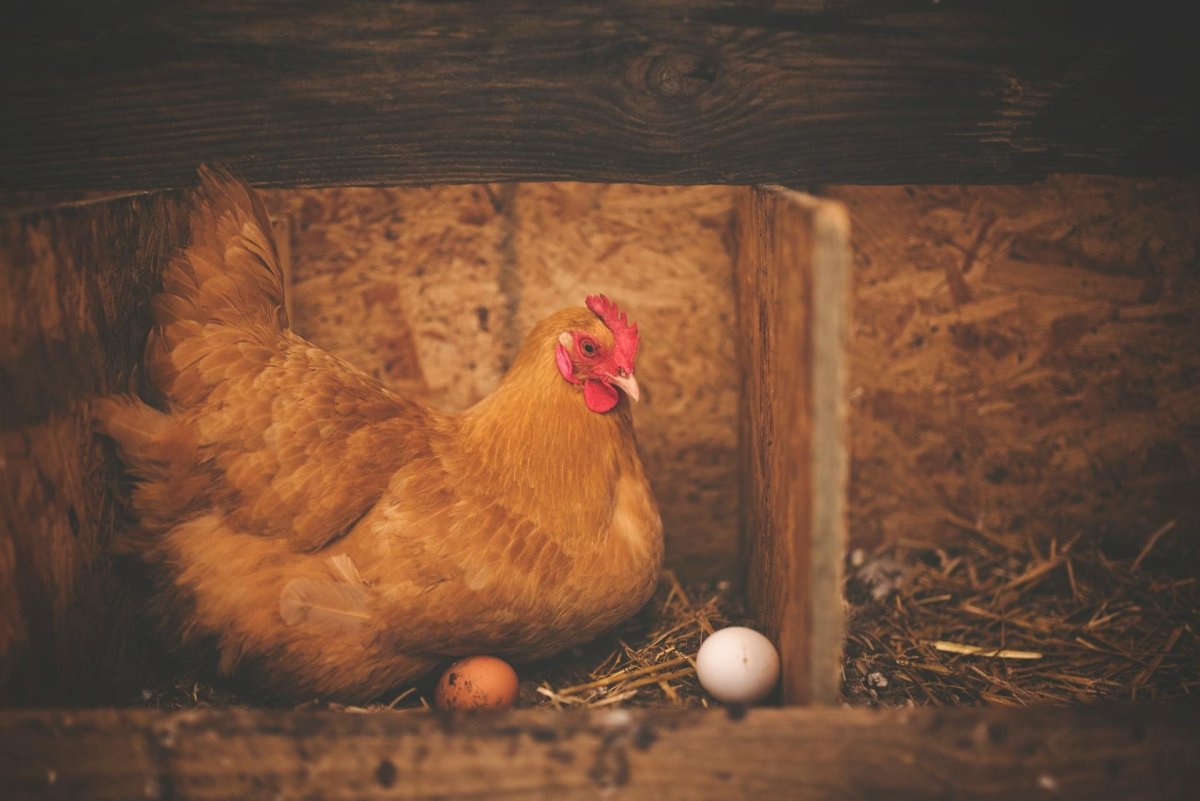
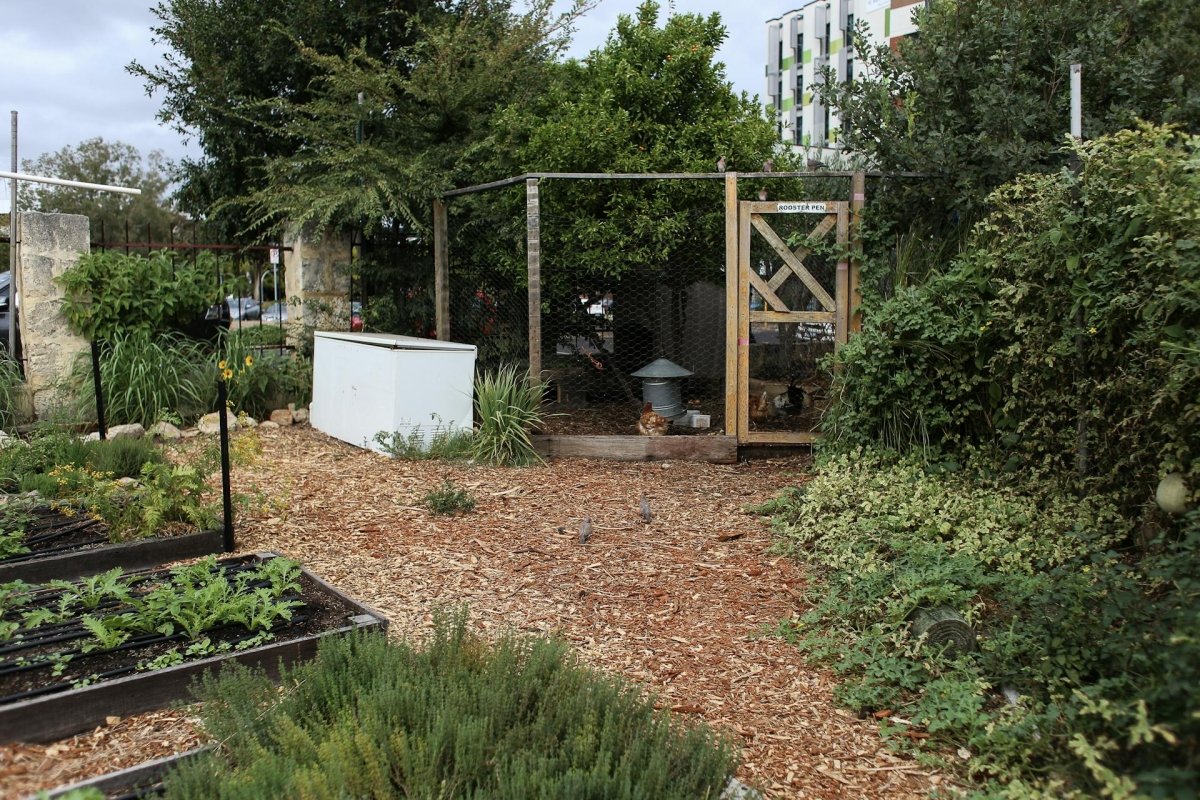
Leave a comment
This site is protected by hCaptcha and the hCaptcha Privacy Policy and Terms of Service apply.